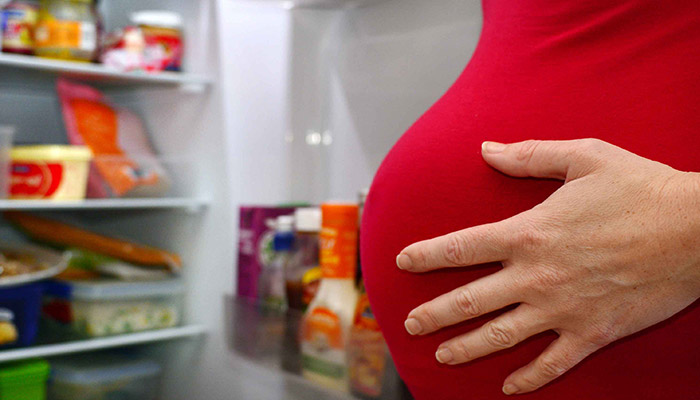
Foods to Eat and Avoid During Pregnancy
Because diet during pregnancy plays a large role in determining the health of your baby, a healthy diet is about more than weight control. Knowing what foods will help you and which ones can be harmful can be a challenge. Use this simple guide to learn about what food you can and can’t eat during pregnancy, as well as some foods you can eat in moderation.
Foods You Can Eat
While it might appear as though pregnancy causes a lot of diet restrictions, the truth is, most women can consume a traditional diet, as long as it includes plenty of fruits, vegetables, and whole grains. You still have plenty of foods that either will not affect you or can even help you stay healthy during your pregnancy. Some of the foods you can eat while pregnant include:
- Pasteurized dairy products.
- Lean meats such as beef, chicken, and pork, which provide high-quality protein.
- Washed fruits and vegetables.
- Low-mercury and fatty fish, such as salmon, which contains omega-3 acids.
- Fish liver oil, also rich in omega-3.
- Whole grains, which include fiber and vitamins.
- Avocados, since they contain high levels of potassium and healthy fats.
Foods You Can’t Eat
There are some foods you cannot consume during pregnancy, as they can negatively impact your own health or the wellbeing of the baby. These foods include:
- Products made with raw eggs, such as some salad dressings and homemade ice cream.
- Deli meats unless warmed until steaming, which could cause a listeria risk.
- Meals with undercooked or raw meat.
- High-mercury and raw fish, which includes sushi
- Unpasteurized milk and cheese, due to risk of bacterial infection.
- Alcohol, since it’s never completely safe for baby.
Foods to Eat in Moderation
You can consume certain foods in moderation. However, you should keep the quantity of these under control, since consuming too much will have a negative impact on the baby. These foods include:
- Caffeine-rich beverages, like coffee or tea. Caffeine should be limited to fewer than 200 mg per day during pregnancy.
- Nitrate-rich foods like hot dogs and soda, since the effect of nitrates is inconclusive
- Foods high in sugar. Even dried fruit can be too much sugar. Opt for fresh fruit when you can.
- Processed junk foods, since they have high calories and low nutrients
If you would like additional nutritional advice about your pregnancy, or to seek any kind of pregnancy-related information, schedule an appointment with our clinic today.
